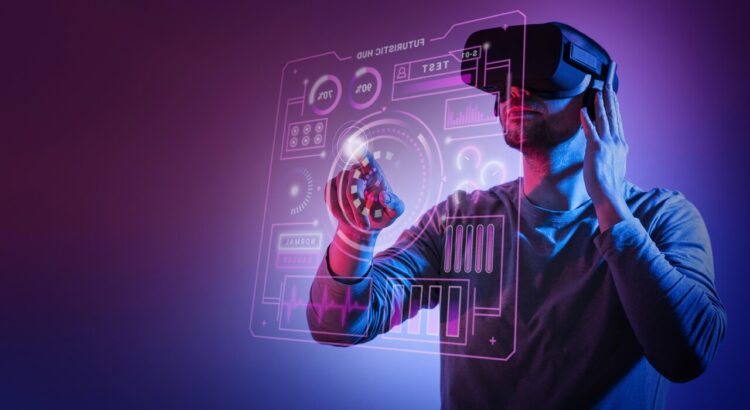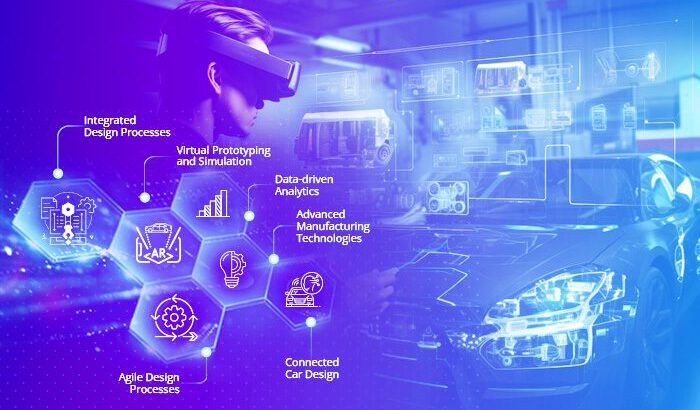The industrial world is undergoing a massive transformation in 2025, driven by two powerful technologies—Digital Twins and Augmented Reality (AR). Together, they are reshaping how industries design products, manage operations, optimize performance, and train their workforce. What once seemed futuristic is now becoming the foundation of smart factories, predictive maintenance, and real-time decision-making.
Understanding Digital Twins: The Core of Future Operations
A Digital Twin is a virtual model of a physical asset, process, or system. It mirrors real-world conditions by continuously collecting data through IoT sensors, machine logs, and connected systems. This real-time digital representation helps industries simulate scenarios, detect issues early, and make informed decisions without interrupting physical operations.
By 2025, industries are leveraging Digital Twins across all domains:
• Manufacturing uses them to monitor machine health, reduce downtime, and test production workflows before implementing changes.
• Oil and gas companies rely on Digital Twins to predict asset behavior in harsh environments, significantly improving safety and cost efficiency.
• Automotive organizations create full vehicle twins, enabling faster prototyping, performance analysis, and remote monitoring.
• Smart buildings and cities use Digital Twins to manage energy consumption, optimize traffic flow, and enhance infrastructure planning.
Augmented Reality: Closing the Gap Between Digital and Physical Worlds
While Digital Twins create a virtual replica, Augmented Reality (AR) brings that virtual layer into the real world. AR overlays digital information—like instructions, visuals, or 3D models—onto physical environments using headsets, smartphones, or smart glasses.
In industrial settings, AR is becoming a game-changer:
• Field engineers use AR glasses to see machine diagnostics in real time.
• Maintenance teams access step-by-step instructions overlaid directly onto equipment.
• Training modules powered by AR create immersive, risk-free learning environments.
• Remote experts guide on-site teams by viewing their environment and providing live instructions.
The Power of Integration: Digital Twins + AR
A Digital Twin stores real-time data and insights, while AR provides a visual, interactive interface to access that information directly in the physical world. The combination allows technicians to “see inside” machines, analyze performance, and simulate operations without disassembling equipment.
Key Benefits:
1. Improved Predictive Maintenance
2. Faster Training and Skill Development
3. Enhanced Collaboration
4. Real-Time Troubleshooting
5. Better Product and Process Design
Industries Leading the Adoption in 2025:
• Manufacturing
• Logistics & Warehousing
• Energy & Utilities
• Healthcare & Pharma
• Automotive & Aerospace
Conclusion
Digital Twins and Augmented Reality are no longer futuristic concepts—they are becoming the new foundation of industrial innovation in 2025. Together, they are empowering companies to operate faster, safer, smarter, and more efficiently than ever.
At Razorse Software, we help businesses embrace next-generation technologies by building custom solutions powered by AI, AR, IoT, and automation. Our expertise ensures your digital transformation journey is seamless, scalable, and future-ready.
#RazorseSoftware #DigitalTwins #AugmentedReality #Industry4_0 #SmartManufacturing #TechInnovation #DigitalTransformation #ARinIndustry #IndustrialTech2025





